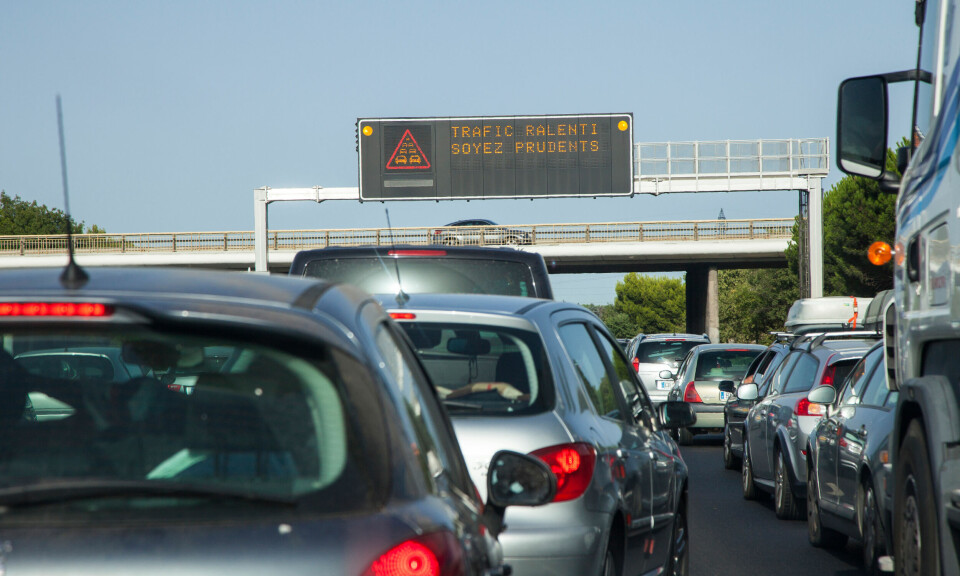-
Hérault red flood alert after 300mm of rain hits southern France
Several roads and public areas closed in Montpellier due to flooding
-
UK retirees win government pension charges victory in France
The development comes after a successful campaign from foreign residents in France and Connexion readers
-
France’s chambres d’hôtes face closure under 2026 tax and social charge changes
Measures designed to curb Airbnb-style lets are set to hit traditional B&Bs particularly hard
Plans to help with rural transport in France
Airships, car-sharing apps and improved rail services are all part of plans to improve transport in rural areas.

The issue was again highlighted in a report for MPs confirming that people outside major urban centres have little choice but to own a car and drive.
It was a grievance of the gilets jaunes, who complained that subsidised transport is concentrated in cities but paid for by all taxpayers.
Rural transport is also of interest for ecological reasons.
So far, few of the initiatives undertaken to help solve the issue have been successful.
Nicolas Thierry, vice-president of the Nouvelle-Aquitaine region, which is working on a mix of sensible – as well as spectacular – rural transport initiatives, told Connexion: “There is no magic bullet.
“For transport, there are lots of little things which can be done and there is, of course, a difference between cities and rural areas, but we must try to ensure improvements in both.”
The region has published a guide to ecological transition.
The first step is to improve existing services, such as TER rail links and inter-town bus and coach links, which are often used for school transport.
The aim is for buses to link with trains so rural residents can use public transport to get to work in nearby cities. Nouvelle-Aquitaine has committed to keeping existing TER rail routes operating and to try to ensure timetables and prices make public transport no more expensive than taking a car.
It also aims to reduce the number of cars driven with just one person aboard by using smartphone or web-based car-sharing programmes – and to support work-based schemes.
“If there are incentives for businesses to encourage workers to share cars, the number of people who do so will go up,” said Mr Thierry. “We will work with the state and employers’ unions on this and look into the possibility of dedicated car-share lanes on ring roads.”
Such schemes can be deployed in isolated rural areas, where other ideas have had little effect.
There are a number of car-sharing apps available, but implementing them into a coherent overall policy is tough.
Nouvelle-Aquitaine wants to tackle this by launching a mobility telephone and web platform as a one-stop shop for travel, both for users in isolated rural areas and those in towns.
The aim is to make it seamless so a car-share can be linked with a bus, the bus with a train, and the train with a city bicycle hire scheme, instead of different systems and payments.
The region is supporting plans to build a factory to develop “flying whale” airships, capable of lifting 60 tonnes of freight at a time, to help with heavy deliveries to rural areas.
The ships are designed by a Chinese state-owned company and use hybrid petrol-electric motors. The region is one of the company’s shareholders, as is France’s forest agency, Office National des Forêts (ONF).
A prototype is expected to be in the air by 2022, and to gain European certification to start operating in 2023.
A Région Nouvelle-Aquitaine spokesman said a factory to construct the prototype would probably be built in Gironde.
























